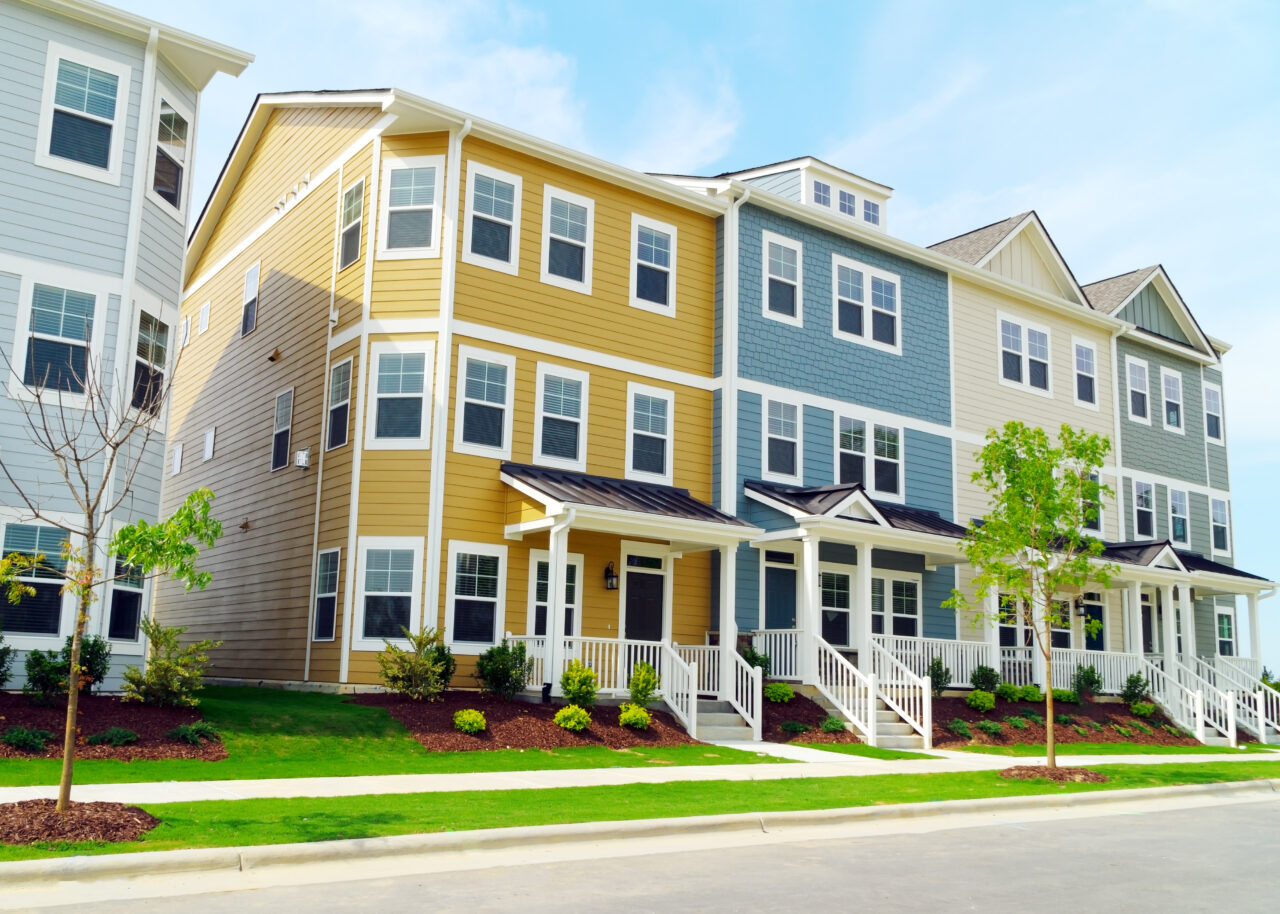
A pair of bills that sought to tackle Florida’s ongoing affordable housing crisis did not make it through the Legislative Session.
Pensacola Republican Sen. Don Gaetz sponsored the measure (SB 184) that would have required local governments to allow accessory dwelling units (ADUs), also known as “granny flats” or “carriage houses,” onto a single-family residence.
A similar House companion bill (HB 247) sponsored by Lakewood Ranch Republican Rep. Bill Conerly and Miami Beach Republican Rep. Fabian Basabe was approved by the House.
During the bill’s passage through the Senate Appropriations Committee on Transportation, Tourism, and Economic Development, Gaetz told the members the measure was styled as an affordable housing bill but could also be used as a private property rights bill.
“Through the Live Local Act, the state has taken significant steps to address the affordable housing and workforce housing needs,” Gaetz told the committee.
“This bill takes another step. As an affirmation of property rights, this bill requires local governments to allow accessory dwelling units or ADUs in any areas zoned for single family residential use but does not apply, and specifically exempts, planned unit developments or master planned communities.”
ADUs are self-contained dwellings located on the same property as a primary residence. Often these dwellings are used to house family members, renters or caretakers.
An amendment made in the House allowing renters to apply for multiple homes using a single application, however, left the measure in a stalemate before dying when both chambers adjourned May 2.
Ocala Republican Sen. Stan McClain sponsored another measure (SB 1594) that would have created a tax credit for the rehabilitation of historic properties used as affordable housing.
The bill would have further expanded existing housing tax exemptions for adaptive reuse projects that turn non-residential properties into affordable housing. A housing tax credit program created in 1999 would have also been expanded to allow projects dedicated to low-income residents.
The bill died in committee. A similar House companion bill (HB 923) sponsored by Miami Republican Rep. Vicki Lopez also died after it was not heard before any committees it was assigned to.




5 comments
Michael K
May 9, 2025 at 7:00 am
The affordable housing crises is real. And while there are no easy fixes, it’s painfully apparent there is no political will at the state level to address an issue that affects everyone. I hope local communities have the flexibility and support to take leadership on the issue.
Jolene Faulkner
May 10, 2025 at 4:00 pm
I discovered an online system that now allows me to make $16,590 per month without the usual stress and long hours. My days are now filled with freedom, creativity, and real financial security—
Go ON my ProFILE
LexT
May 9, 2025 at 8:28 am
Preemptions are hard because you are taking a traditional very local government form of regulation away from the people that know the areas the best. You are taking away the ability to make common sense decisions. You may be reducing the local political…”not in my backyard” arguments. But you also are trying to do one size fits all. These projects often do not really create affordable housing and create neighbors disappointed that the zoning they relied upon when they purchased their home can no longer be trusted.
All the same, Affordable Housing is one of the biggest issues to hit Florida. We now have California, New York City, and Oregon prices for property. Affordable land doesn’t exist in Florida close to any of the metro areas where the affordable property is needed.
I’m not sure it is smart to allow doubling of residences by putting the second accessory dwellings. That will double traffic, trash, and other local services. It will place strains on infrastructure that were purposefully designed for the amount of people expected when designed. Issues such as drainage also become issues where the extra structures were not expected when the impervious surface ratio was established.
Preemption of local governance can be really good way to stop “Not in my neighborhood” philosophy. But it also can ignore details because they are issues that local governments have been regulating often with actual purpose.
📻 Email: TRANSACTION 1.741474 bitcoin. GET >>> https://graph.org/Ticket--58146-05-02?hs=c1ab5756d421e4d3a140df2aa9591526& 📻
May 11, 2025 at 8:06 am
ex0a7d
gary rosen
May 12, 2025 at 9:17 am
Preemption of local governance can be really good way to stop “Not in my neighborhood” philosophy. Wrong.
We have zoning to make sure they don’t build a gas station on your front lawn. Preemption of local governance by the State usually means that large builders want to build high density in single family residential neighborhoods because they increase profits. Profits are good, but not at the expense of quality of life for locals.